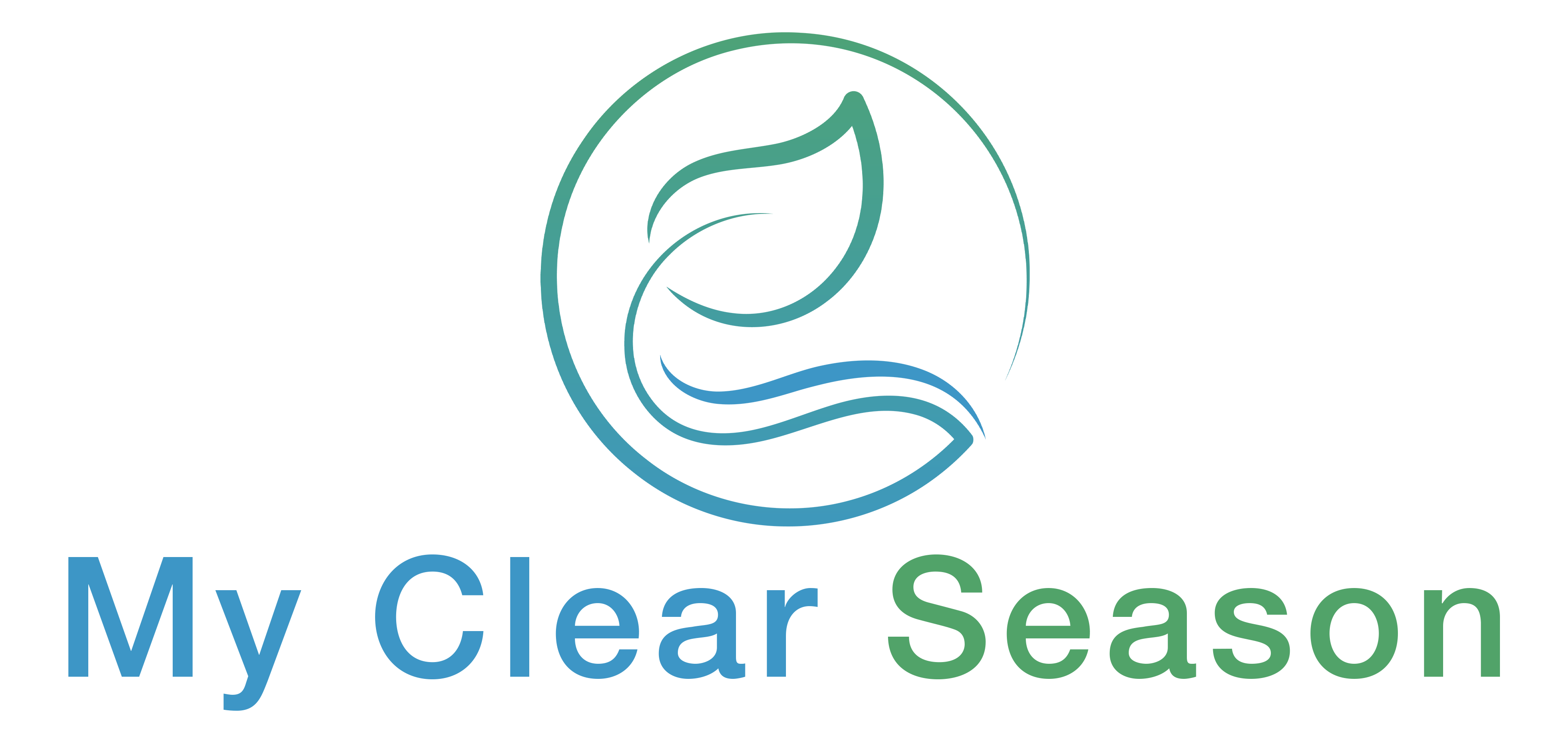There’s nothing quite as frustrating as a stuffy nose. You try to sleep, and your breathing sounds like a clogged whistle. You sit at your desk, and suddenly every task feels harder because you’re not getting enough oxygen. Even simple pleasures—like savoring your morning coffee or laughing at a good joke—lose their spark when you can’t breathe freely.
The worst part? A congested nose can strike at the most inconvenient times: in the middle of allergy season, during a winter cold, or right before that important presentation. While over-the-counter medications are often the first thing people reach for, natural remedies can be surprisingly effective, gentle, and—most importantly—supportive of your body’s natural healing process.
In this post, we’ll explore practical, science-backed, and comforting home remedies to help you breathe easier, using simple tools and natural solutions you may already have within reach.
Why Do Noses Get Stuffy in the First Place?
Contrary to popular belief, a stuffy nose isn’t usually caused by excess mucus alone. More often, it’s the swelling of the nasal tissues (due to inflammation, allergens, or infection) that makes breathing feel difficult. This swelling narrows your air passages, while mucus production increases as your body’s defense mechanism. The result? Pressure, blockage, and that oh-so-familiar feeling of heaviness in your head.
Understanding this means that relief doesn’t always have to come from drying out mucus—it can also come from reducing inflammation, adding moisture, and gently opening the nasal passages.
Natural Home Remedies for Stuffy Noses
1. Steam Inhalation: Instant Comfort
Warm, moist air can loosen thick mucus, reduce swelling, and soothe irritated nasal tissues. A bowl of hot water, a towel, and a few deep breaths can go a long way. Adding a few drops of lavender essential oil or eucalyptus oil can boost the effect by opening airways and providing a calming aroma.
For a more convenient option, a personal steam inhaler delivers steady, warm mist directly to your nose and sinuses—making it perfect for regular use during colds or allergy flare-ups.
2. Saline Rinses: Clearing Out the Clutter
Saltwater solutions are one of the most effective, natural ways to flush out allergens, dust, and excess mucus. Using a ceramic neti pot or a nasal irrigation system, you gently rinse your nasal passages with saline water. It’s simple, safe, and surprisingly refreshing once you get the hang of it.
Regular saline rinsing not only clears blockages but also helps prevent future congestion by keeping your nasal passages clean and hydrated.
3. Stay Hydrated: Inside and Out
Water is your body’s best friend when fighting congestion. Staying hydrated thins mucus, making it easier to drain. Herbal teas, broths, or simply warm water with lemon can be especially soothing.
On the outside, keeping the air around you moist is just as important. Dry environments can worsen congestion. A 2L ultrasonic cool mist humidifier adds gentle moisture to the air, preventing your nasal passages from drying out and making it easier to breathe through the night.
4. Warm Compresses: Gentle Relief for Pressure
That heavy, throbbing feeling across your cheeks or forehead? A warm compress can bring relief. The heat helps open nasal passages, reduce swelling, and ease sinus pressure. Simply soak a clean towel in warm water, wring it out, and place it across your nose and upper face for a few minutes.
5. Elevate While Sleeping
Lying flat often worsens congestion because blood flow increases to the nasal passages. Propping your head up with an extra pillow can help gravity do its work, keeping your airways a little clearer during the night.
6. Herbal Helpers
Certain herbs and natural remedies, like peppermint tea or ginger, contain compounds that can act as mild decongestants. Sipping a warm cup not only hydrates but also relaxes your body while giving your sinuses a chance to open up.
When to Seek Medical Help
While natural remedies are effective for mild congestion caused by allergies, colds, or dry air, it’s important to know when to call a doctor. Seek medical attention if:
Congestion lasts more than 10 days.
You experience severe facial pain or swelling.
You develop a high fever alongside congestion.
Breathing becomes difficult.
Your health always comes first, and natural remedies should support—not replace—medical care when it’s needed.
Breathing Better, the Natural Way
A stuffy nose might feel like a small inconvenience, but anyone who’s struggled with it knows it can make life downright miserable. Thankfully, relief doesn’t have to come only from pharmacy shelves. By embracing natural remedies—like steam inhalation, saline rinses, hydration, and humidifiers—you give your body gentle, effective support while creating a healthier home environment.
So the next time congestion sneaks up on you, try turning to these simple, comforting solutions. With a little consistency and care, you might just find that breathing easy isn’t so out of reach after all.







